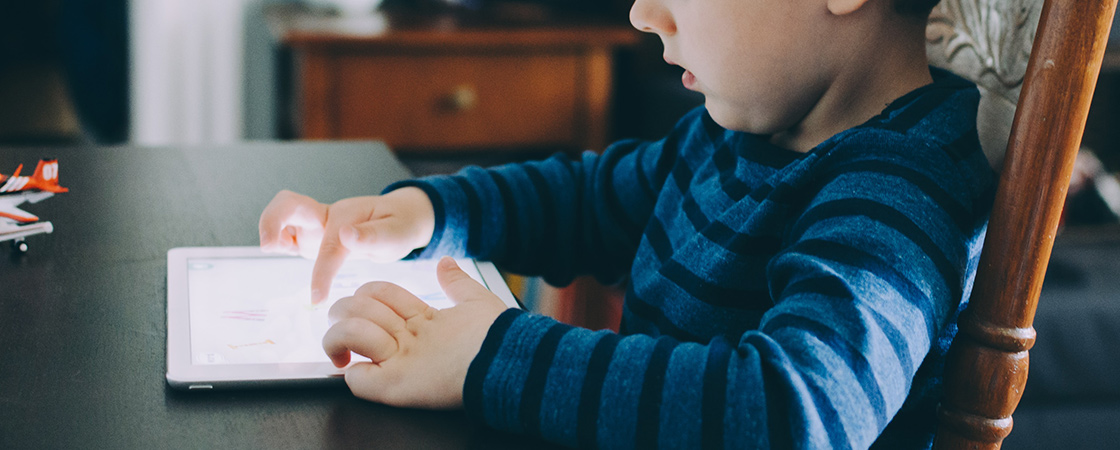In my work with Compositive, I’ve found screen time is an ongoing topic in articles on education and child rearing. Most warn of the perils of too much screen time, or focus on how Silicon Valley executives, who invent and market the screens, have started worrying about their impact on kids. Many have started limiting their own children’s screen time.
So it comes as a bit of a relief to come across an article that casts a skeptical eye on the growing moral panic over screen time. It comes from Reason, a Libertarian magazine. Writer Jesse Walker offers two basic arguments against joining the stampeding herd. First, he says, lumping screen time into one category is overly simplistic. There are many kinds of screens and multiple ways, both constructive and destructive, to use any one of them:
“Screen time” just isn’t a very meaningful category. It’s bad enough to jumble all the things you can do on a phone or a tablet or a laptop or a television together. But to jumble the devices themselves together, so that the same concept covers everything from texting to watching the Super Bowl? You might as well be tallying up the time we spend looking at paper.
If you’re old enough to have children, you’re probably old enough to remember an era when this didn’t have to be explained, if only because these activities hadn’t all been collapsed into the same omnibus word yet. If your parents thought you tied up the phone line too much, they might limit your phone time. If your parents thought you spent too much time watching television, they might limit your TV time. If your parents thought you played too many video games, they might yell for you to go outside for a while…
…it’s not just that there are differences between the many activities a kid can do with a screen. There are differences between the ways a kid can do those activities. A girl watching a TV show by herself is not in the same position as a girl watching the same show with a parent. There are times when your kid can get more out of watching a dumb cartoon with you than watching an educational program on her own. Enjoy it with her; talk about it with her; joke around about it with her later. It sure beats using the TV as a babysitter.
Walker also examines research, or, better said, popular media articles on research, and found they often opt for the big scare (and hence clicks) over an accurate depiction of nuanced findings. He cites a study from two Oxford psychologists, who found that there is a very small negative correlation between screen time and adolescent well-being. Sounds scary, right? Read on:
The good news is the correlation is tiny. Being bullied has a much stronger negative correlation than using technology. Just wearing glasses has a slightly more negative correlation than using technology. Using technology is, in fact, barely more negative than regularly eating potatoes.
“When viewed in the broader context of the data, it becomes clear that the outsized weight given to digital screen-time in scientific and public discourse might not be merited,” Orben and Przybylski conclude. The “evidence simultaneously suggests that the effects of technology might be statistically significant but so minimal that they hold little practical value.”
The bottom line is that, as with anything, good parenting means giving your children some room to make mistakes, and setting sensible guardrails against behavior that seems negative or obsessive. Or, as Walker concludes his article:
Read More: Parenting Myths You Need to Know



